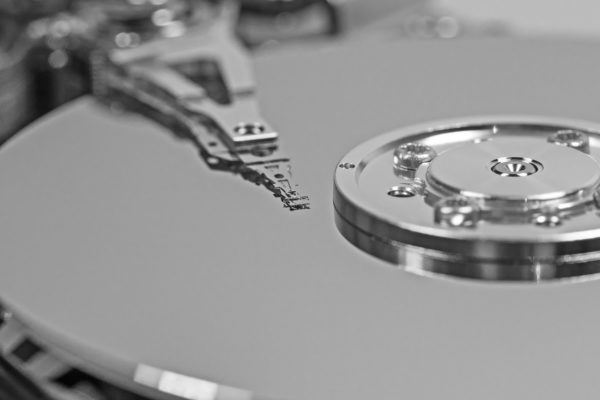Some people may not be familiar with the term Solid State Drives (SSD). Wikipedia defines a solid state drive as being a storage device that uses integrated circuit assemblies as memory to store data persistently. A solid state drive differs from traditional hard disk drives in that they do not contain any moving components or parts.
What this means to the average computer user is increased speed and performance when trying to access software or data stored on the drive – most notably faster boot time and faster response time. Solid State Drives are one of the best “bang for the buck” upgrades you can do to your computer.
What about pricing?
When first released, like all new products in the technology industry, Solid State Drives were very expensive. In recent years, this cost has decreased significantly. Solid State Drives are available for around the same price as traditional hard drives, albeit the cost per GB is higher. So, are they worth the expense? Absolutely! Upgrading to a Solid State Drive is money well spent. The increased performance that you will get from a SSD far exceeds today’s decreased costs. Not only do you get increased performance but often a significant replacement warranty which is a great bonus for consumers.
For an example, take Samsung’s 860 Pro Solid State Drive. This model SSD has sequential reads of up to 560 MB per second, up to 530 MB per second write speeds and random reads up to 100,000 IOPS. IOPS (input/output operations per second) is the standard unit of measurement for the maximum number of reads and writes to non-contiguous storage locations. This measurement is often touted by storage device manufactures but only really matters when other variables are considered like the workload placed on the drive. This offers a huge advantage over the 50-60 MB/s of a traditional 7200-rpm hard drive. The 860 Pro SSD also boasts endurance of withstanding up to 600 terabytes (512GB version) written to the drive. This refers to the amount of data that can be written to the disk drive before it is likely to fail. The Samsung 860 Pro drive is also backed by a 5-year limited warranty, versus the standard 2 to 4 year warranty of a traditional hard drive (depending on manufacturer and model).
Specifications can be found at https://www.samsung.com/semiconductor/minisite/ssd/product/consumer/860pro/.
What about storage space?
With SSD’s costing more per GB than a traditional hard drive, you may be wondering “What happens if I need more storage capacity, will I need to buy a bigger SSD?”. A common setup is to combine a Solid State Drive for operating systems and common software and larger traditional hard drive for data and software that isn’t used as often. This setup gives a good compromise between pricing and performance.
If you’re wanting to make the upgrade to a Solid-State Hard Drive for your laptop, desktop or server, call SandStorm IT at 901-475-0275. We make upgrading easy with installation and data migration!

